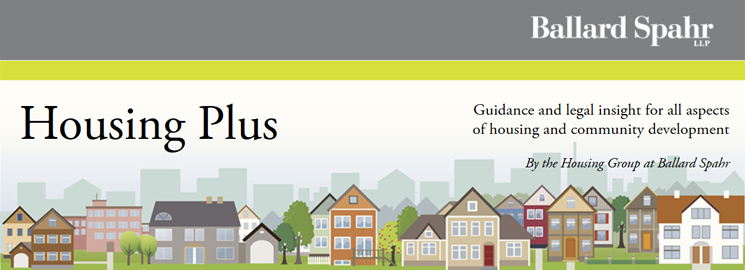
 If you have ever issued (or borrowed the proceeds of) bonds then you should know about the Municipalities Continuing Disclosure Compliance Initiative (the “Initiative”) and take the appropriate steps to determine your compliance with Rule 15c2-12 under the Securities Exchange Act of 1934 (the “Rule”).
If you have ever issued (or borrowed the proceeds of) bonds then you should know about the Municipalities Continuing Disclosure Compliance Initiative (the “Initiative”) and take the appropriate steps to determine your compliance with Rule 15c2-12 under the Securities Exchange Act of 1934 (the “Rule”).
The Rule generally prohibits underwriters from purchasing or selling municipal securities unless the issuer has agreed to provide continuing disclosure to the marketplace regarding annual financial information, certain operating information and certain events in the form of annual reports and event notices. The Rule also requires that an offering document prepared for a primary offering of municipal securities include a description of any material noncompliance with any prior continuing disclosure undertaking in the last five years.
The Securities and Exchange Commission (“SEC”) recently launched the Initiative, which was designed to motivate municipal issuers (defined in the Initiative to include obligated persons) and underwriters of municipal securities to police themselves. The Initiative encourages self-reporting related to possible material misstatements in offering documents regarding issuers’ compliance with past continuing disclosure undertakings for what the SEC deems to be “favorable settlement terms.” The Initiative’s settlement terms expire on September 10, 2014.
On July 8, 2014 the SEC announced its first cease and desist order under the Initiative. The SEC found that the Kings Canyon Joint Unified School District of California (“District”) made a material misstatement in a 2010 official statement. The SEC alleged that the District incorrectly represented that it had not failed to comply in all material respects with its continuing disclosure agreements in the previous five years, and found the failure to comply itself to be material.
Participants in the municipal market, including housing authorities which have issued bonds or borrowed the proceeds thereof, should begin reviewing (or hire a third party to review) their compliance with any continuing disclosure undertakings over the past decade and ascertain if such compliance was accurately reported in all primary offerings in the past five years. If any noncompliance is found, you should consult with counsel to determine the potential repercussions of self-reporting or not self-reporting. Ballard Spahr will continue to monitor the Initiative and stands ready to address your questions or explore these issues with you in greater detail.